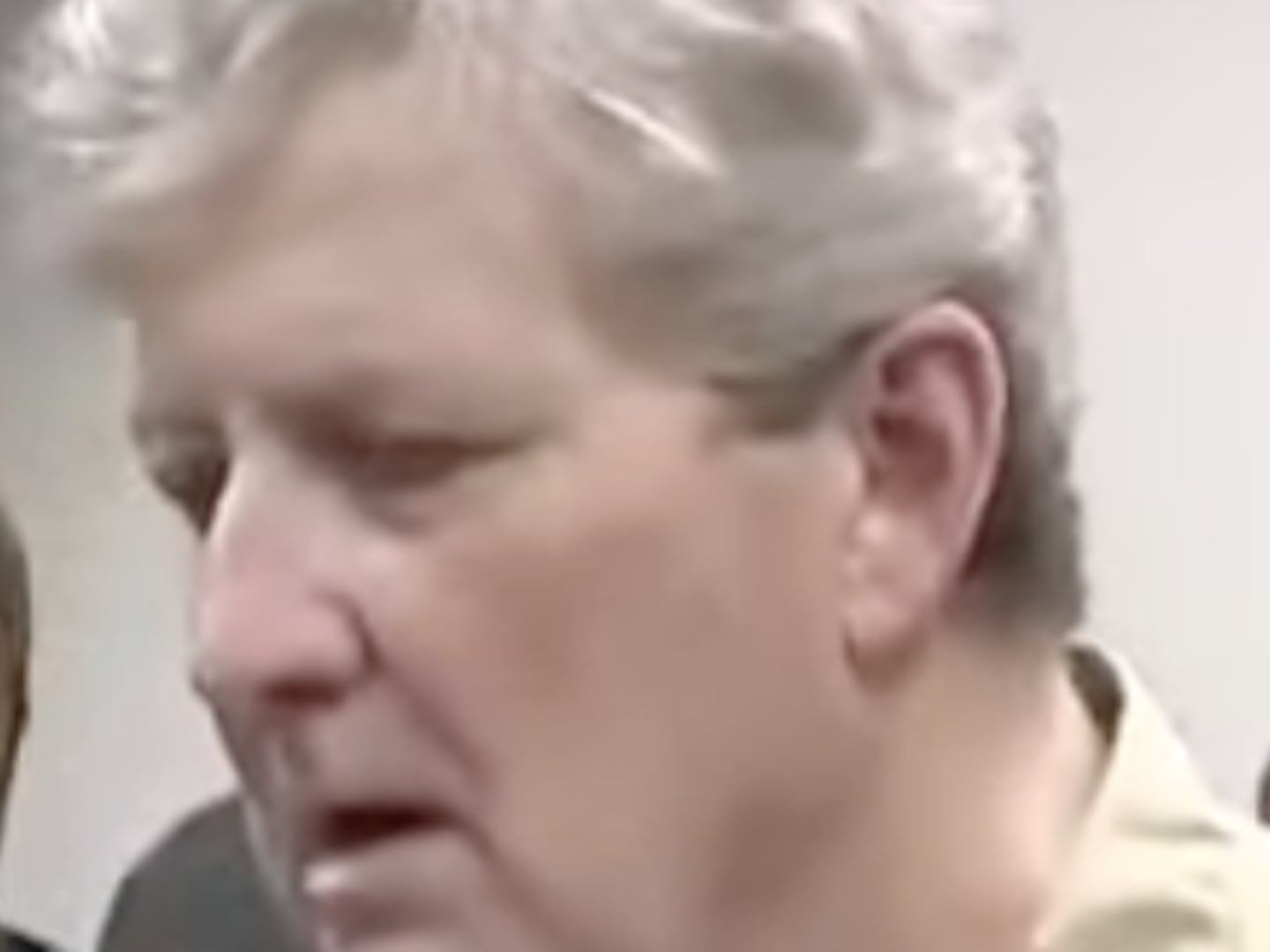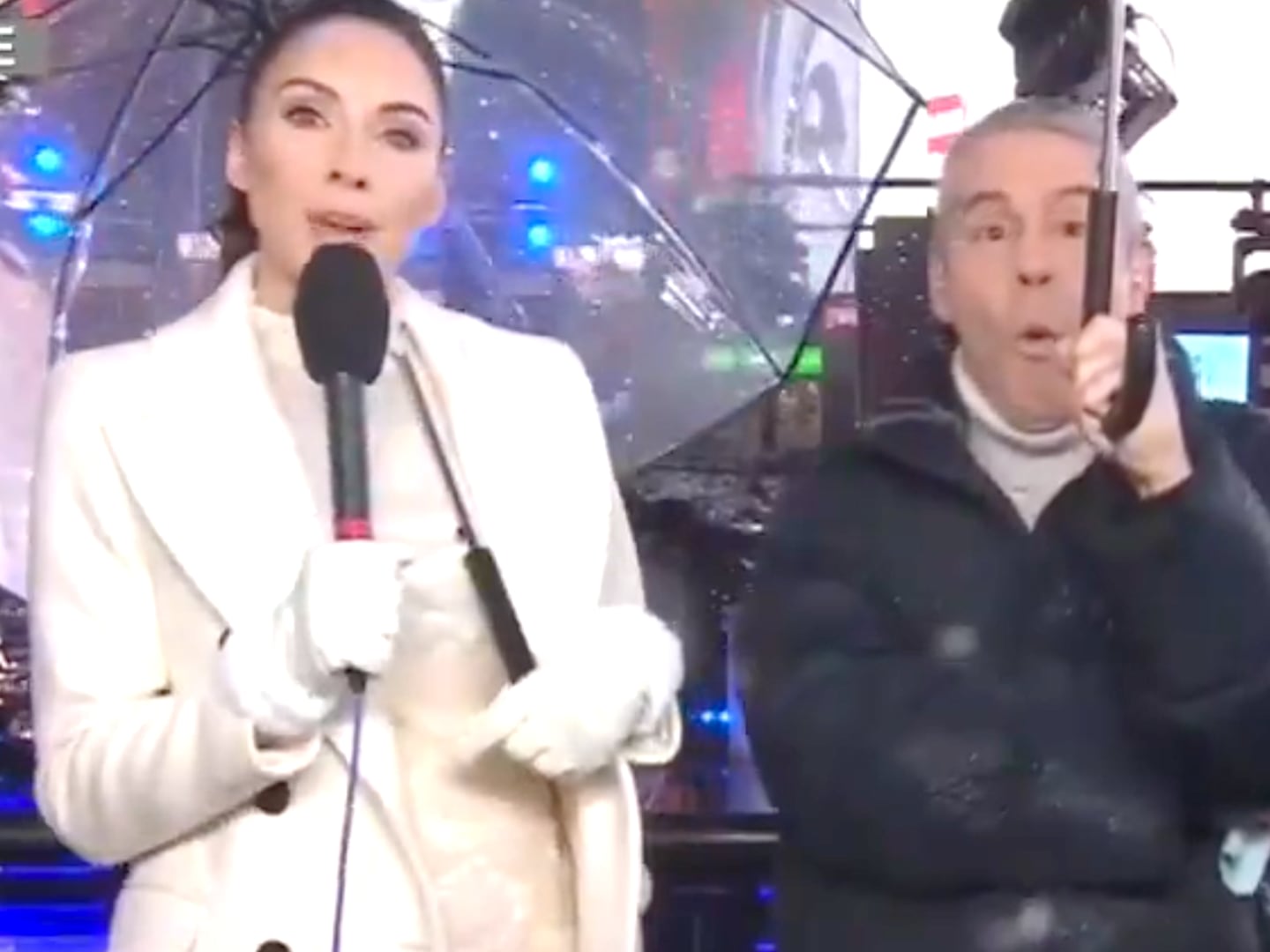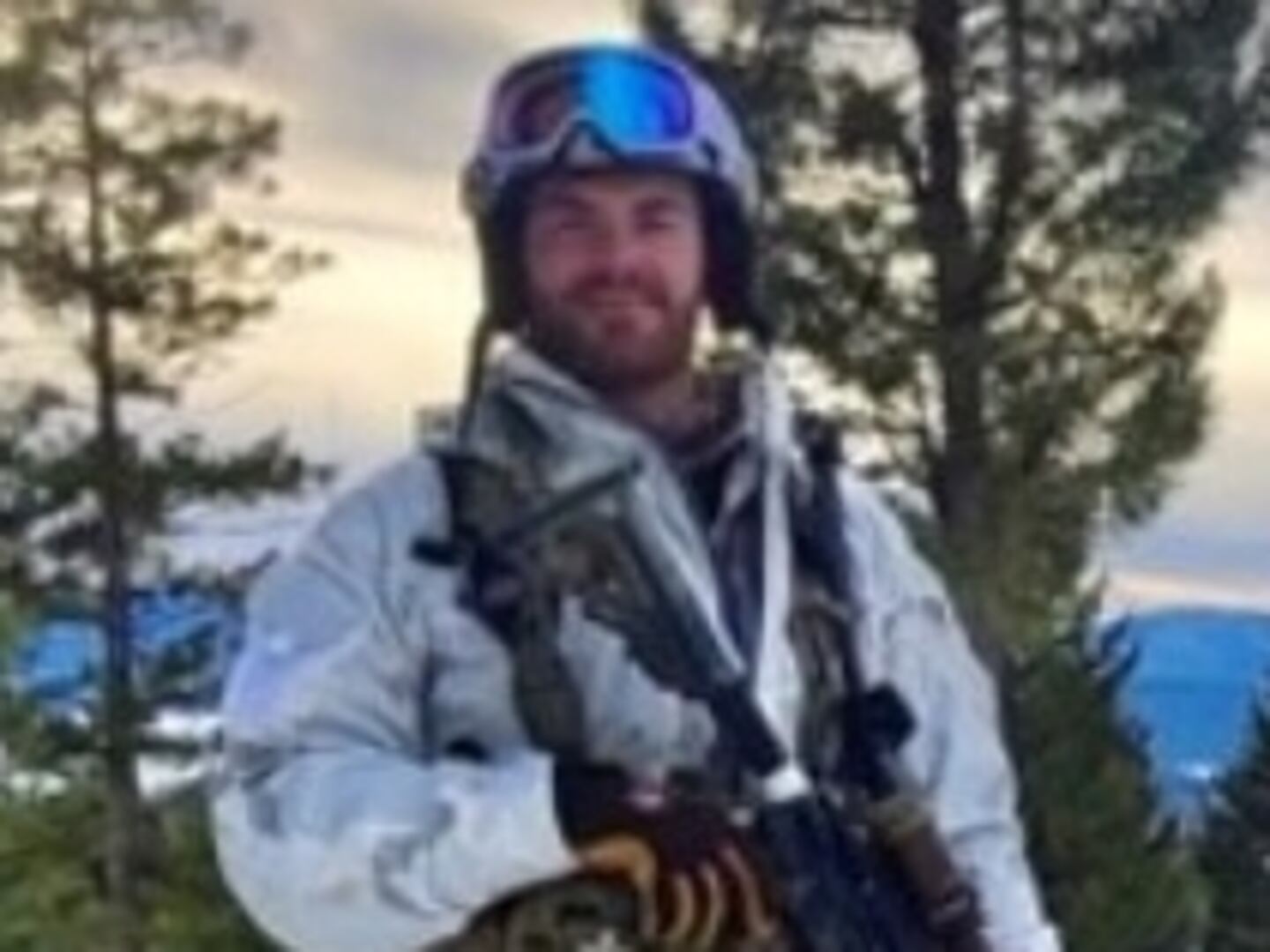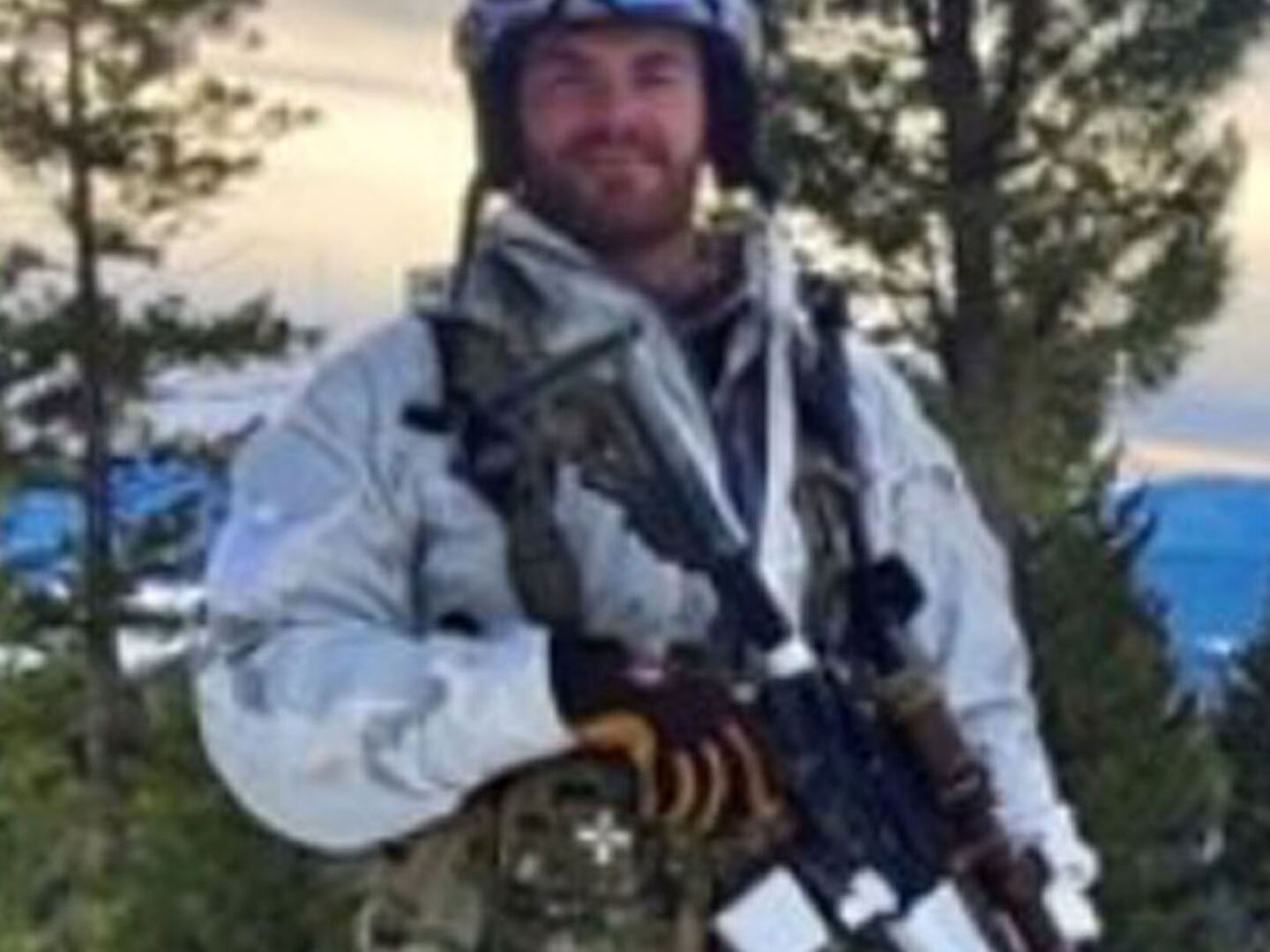Media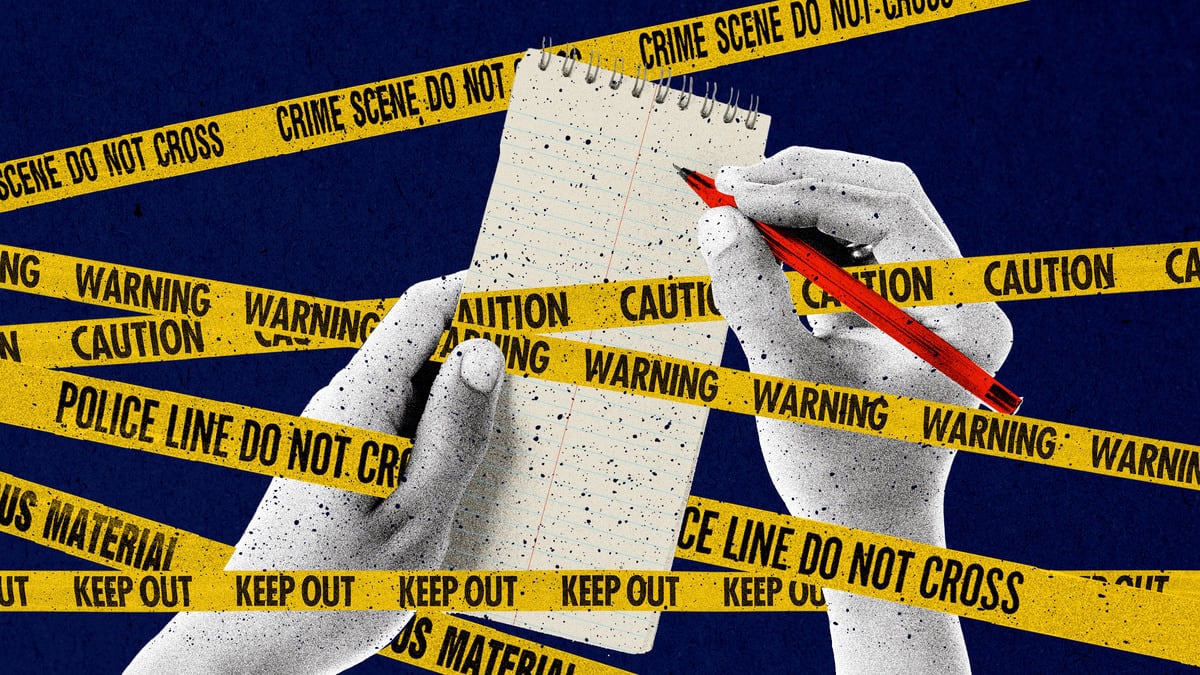
Photo Illustration by Elizabeth Brockway/The Daily Beast/Getty
Los Angeles Sues Reporter Ben Camacho Over Documents the LAPD Gave Him
(Y)OUR FAULT!
The Los Angeles City Attorney’s Office urged a court to order Knock LA reporter Ben Camacho to return documents…that the city provided him.


